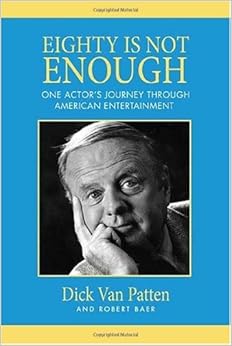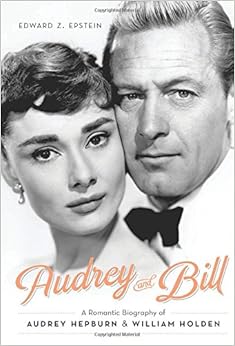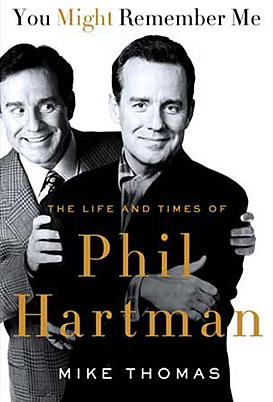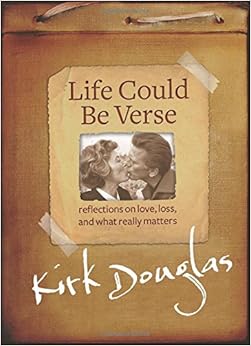 |
Meara plays a big part in husband Jerry
Stiller's autobiography. |
In recent months, American television lost two of its most familiar faces: Dick Van Patten and Anne Meara. The careers of these hard-working performers began in television's earliest years. Their passing takes us farther away from the days of huge audience broadcast TV, when even flop shows (and both Van Patten and Meara had their share of failures) drew more viewers than the biggest hits of today.
Van Patten, who died on June 23 at age 86, is best remembered as the father on
Eight is Enough, a comedy-drama that ran on ABC from 1977 to 1981. However, those four years were just a short chapter in a remarkably busy career in theater, television, and film that spanned more than seven decades.
Meara, who died on May 23 at age 85, rose to fame in the early 1960s as partner to her husband Jerry Stiller in the comedy team Stiller and Meara. However, she always considered herself an actress, not a comedienne. Meara made numerous appearances in both comedic and dramatic acting roles mainly on television but also on film and stage from the early 1950s onward.
In his breezy autobiography,
Eighty is Not Enough: One Actor's Journey Through American Entertainment (2009), the upbeat Van Patten shares happy memories of being one of Broadway's top juvenile actors of the 1930s and 1940s. Billed as Dickie Van Patten and sporting a great shock of blond hair, Van Patten made his Broadway debut at age seven in a play called
Tapestry in Grey. While still a boy Van Patten appeared the original productions of the classics
On Borrowed Time by Paul Osborn and Thornton Wilder's
The Skin of Our Teeth. As a teenager Van Patten spent three years on Broadway and on tour with the legendary acting couple Alfred Lunt and Lynn Fontanne in Terence Rattigan's
O Mistress Mine and became one of the many young actors over the years, including Montgomery Clift, who the Lunts took under their wing.
"I enjoyed my life as a child actor," Van Patten writes in
Eighty is Not Enough, adding that his employment provided his family with a comfortable existence while others were suffering through the Depression and gave him the opportunity to work with legendary stars of the era. He points out that while many child actors, including some of those who played his children on
Eight is Enough, fall prey to drug addiction and other misfortunes, such problems are also widespread among people with supposedly normal childhoods.








